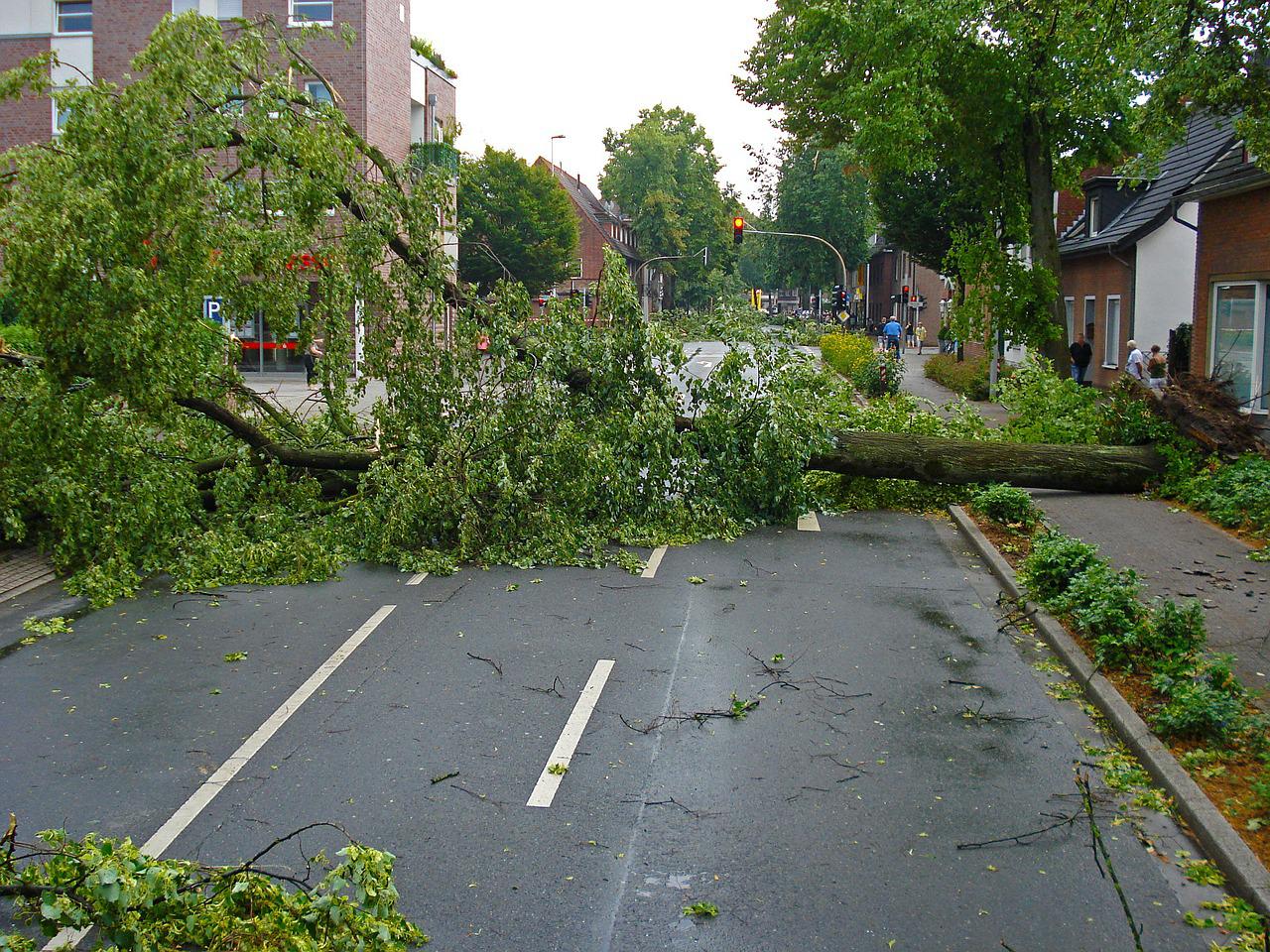
National Preparedness Month
September is National Preparedness month in the US, which was created almost twenty years ago to raise awareness of the need to prepare for natural and other disasters and emergencies. There are now hundreds of national, regional and local governments, as well as private and public health institutions that support emergency preparedness efforts, including FEMA, the CDC, the Red Cross, National Weather Service and many more. The specific preparations may vary based on where you live, but many of the ideas are universal.
Learn Your Risks
Your risk for certain emergencies will depend on where you live. To find out what type of disasters may affect you, look up information on your local government disaster preparedness websites. You can also sign up for their emergency alert notifications. Discuss with your neighbors and friends what preparations they are making and what resources they may have. Depending on what you find out, check the Ready.gov hazard information sheets to find out what to do now, during and after an event.
Make A Plan
Once you’ve determined your risks, the next step is to make a plan to deal with the possibilities. The plan should include information on staying informed, where to shelter, how and when to evacuate. Additionally, your family should have communication and supply plans thought out before disaster hits. The specifics of your household need to be considered, including the health and ages of your family members, dietary and health restrictions. You’ll also need to prepare for the needs of pets and others you may need to help outside of your household. Making your plan as specific as possible will help ensure the safety of your family.
Build a Supply Kit
When travel is hindered or stores are closed, having necessary supplies on hand will be invaluable. Again, the specific items in your supply kit will depend on your family’s needs. In addition to basic life necessities, like water, food, medicine and baby supplies you’ll want to include cleaning and personal care items. Power outages will require batteries, flashlights, matches and candles. And depending on what disasters you are most at risk for, you may need additional emergency supplies, like battery-operated fans or heaters, blankets and plastic tubs to collect rainwater or snow for using toilets.
Take Action
Once your disaster plan and supplies are prepared, help others with preparations as well. There are many ways to help your community prepare for disasters as well as ways to help during and after emergencies. Join a Community Emergency Response Team that provides training for basic disaster response skills, such as fire safety, light search and rescue, etc. Encourage others to make their own emergency plans and participate in National Preparedness Month.
Let Cultris Security help ensure your family is safe and secure! Contact us a 281-506-8466 or visit us online.
Image by Jan Mallander from Pixabay


